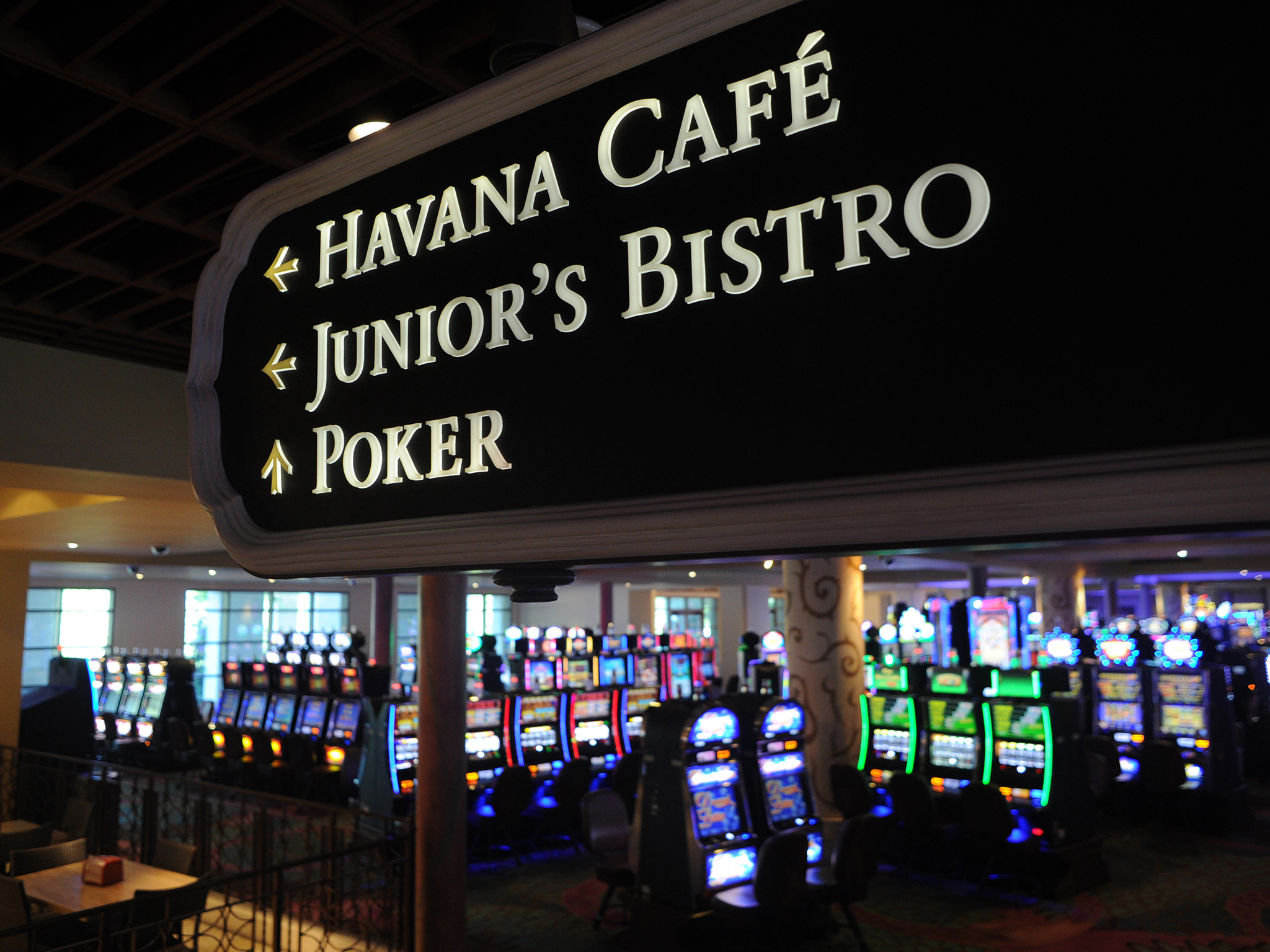A Societal Influence of Casino Games Worldwide

Gambling games have long been a fascinating source of amusement, drawing millions of players from diverse cultures around the globe. From the opulent casinos of the Strip to the thriving gambling halls of the Cotai Strip, these games serve as a link that brings together people across a variety of backgrounds. The allure of chance, tactics, and uncertainty entices not only those seeking to win money but also those seeking a shared experience.
The significance of casino games extends significantly past the gaming floor. They often represent the social norms and principles of the communities in which they flourish. Games such as poker, pontoon, and the wheel game have woven themselves into the mosaic of mainstream culture, influencing multiple fields from movies to fashion. As we explore this captivating intersection of luck and culture, we can comprehend better how gambling games shape and are affected by the surrounding world.
Historical Evolution of Gaming Activities
The origins of gaming games can be traced back to old civilizations, where betting in multiple forms was widely engaged in. In China, around 2300 BC, a form of gambling known as Keno was common, while in ancient the Roman Empire, soldiers would often wager on the consequences of their matches. The concept of using randomness for amusement and gain progressed over the ages, leading to the establishment of more structured activities. By the final Middle Ages, gambling houses started to surface in the continent, especially in Italy, which introduced early forms of famous activities still enjoyed today.
As betting increased popularity in the continent, the 17th and 18th centuries saw the emergence of gaming houses as dedicated locations for gaming. The initial official gambling house, the Ridotto, was established in the Venetian city in 1638, featuring activities like Baccarat and Faro. This era marked a crucial turning point, as casinos started to welcome not just the wealthy but also the burgeoning middle class. The complexity of games increased, leading to the development of new regulations and versions that enhanced the play experience.
In the 19th century, the industrial age and shifts in societal norms also changed the terrain of gaming activities. The launch of roulette and modern one-armed bandits attracted a larger crowd, and gambling establishments became seen as legitimate recreation. This time witnessed the worldwide proliferation of gaming, as gambling houses spread from European nations to the Americas, culminating in the establishment of the iconic Las Vegas Boulevard in the 1900s. sbotop The development of casino activities has persisted into the modern era, integrating new technologies and online services, allowing them accessible to a worldwide population.
# Cultural Importance within Various Communities
Casino activities have deep-rooted cultural and social value across many societies around the planet. Places like Las Vegas, the very essence of the urban landscape is woven around gambling establishments, where playing is not just a pastime but a central aspect of leisure and community interaction. The bright lights and vibrant atmosphere attract millions, showcasing how gambling activities can influence local economies and cultural uniqueness. This environment transforms the notion of leisure into an engaging encounter that shapes style, melodies, and even movies.
Conversely, some communities approach betting with an air of caution, seeing it through the lens of ethical beliefs and customs. For example, in various Eastern communities, games like Mahjongg and Pai Gow are rich with history and have significant social implications. These games are often played during get-togethers and festivities, fostering social ties and reinforcing kinship ties. The act of participating in these games goes beyond mere amusement, reflecting principles such as deference to seniors and the significance of communal fun.
At the same time, in Western countries such as Monte Carlo and the Italian Peninsula, casino games serve as symbols of wealth and elegance. The refined atmosphere of these venues attracts both tourists and native inhabitants, upholding a sense of status and elitism. The art of Texas Hold'em and the strategic features of games like baccarat are celebrated, influencing community relationships and cultivating an attraction that captivates a heterogeneous audience. This highlights how gambling can both reflect and mold cultural attitudes towards hazard, benefit, and community interaction.
Financial Influence and Tourism
Casino games play a crucial role in the economic landscape of many areas, particularly those that depend significantly on tourism. The revenue generated from gambling establishments fuels local financial systems, creating jobs not only within the casinos themselves but also in connected industries such as hospitality, dining, and recreation. This surge of tourists, drawn by the allure of gambling and the overall casino experience, stimulates spending across multiple local enterprises, contributing to the economic vitality of the region.
The presence of casinos often leads to the construction of infrastructure, including lodging, public transit, and leisure amenities. These improvements are essential in improving the overall tourist experience, making destinations more attractive to visitors. Additionally, many casinos invest in local communities through sponsorship of events and philanthropic initiatives, further integrating themselves into the social fabric of the locality. Such contribution not only supports economic growth but also fosters a positive reputation of the casino industry.
Furthermore, the worldwide appeal of casino games drives tourism competition, with locations vying to attract players from across the globe. Iconic destinations like Las Vegas and Macau have become identifiable with casino culture, drawing millions each year. This advantage encourages innovation and variety within the gambling sector, influencing developments in leisure and hospitality that resonate beyond their limits. The consequences of this tourism extend far, impacting local financial health and cultural exchanges on a worldwide scale.
